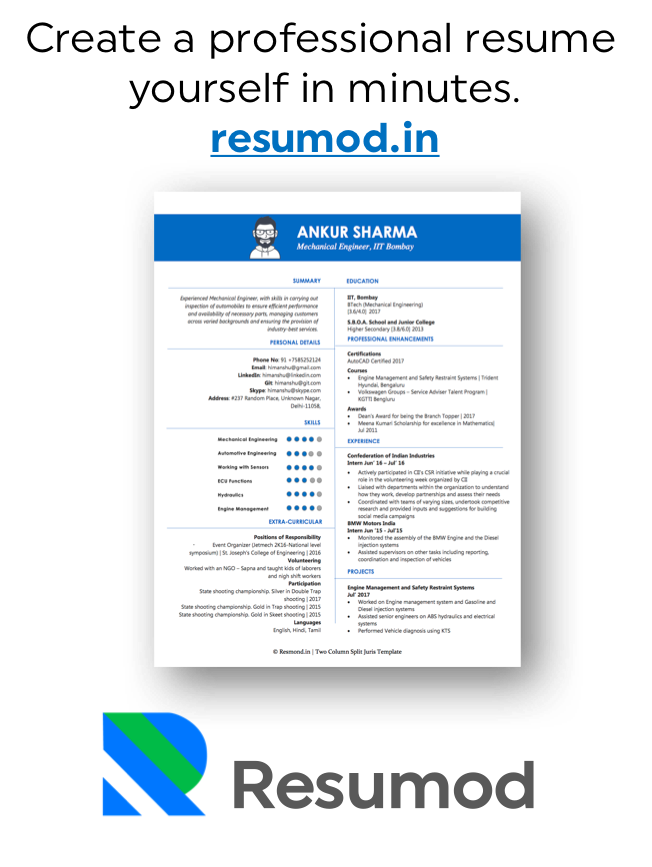According to a LinkedIn study, out of 7 million LinkedIn members, 1 in 3 people changed their careers in 2018. For India more than 57% professionals would strongly consider career pivoting as per the study. [Source]
Some more stats from the report.
- 33% of Indians are career sleepwalking — they feel like, they are on a treadmill going nowhere.
- Professionals value their career choice (73%), followed by a healthy work-life balance (70%), a job that makes them a lot of money (57%), and a job that provides learning and growth opportunities (56%).
- 38% professionals choose jobs only because it makes them a lot of money.
- Younger professionals more open to change; 61% Millennials would consider changing careers.
- Overall, across generations, 44% of respondents said they would consider changing companies versus 30% respondents who would consider switching job functions (e.g. marketing to product management).
Why should anyone consider changing a career?
Most professionals consider changing careers or job functions due to either of the following 3 reasons
- Industry-wide redundancy – monotony in role and getting tired of performing the same duties
- Lack of growth opportunities for your skills – no growth in terms of role, responsibility or accountability
- Overall profile or salary stagnation – no growth in terms of salary or on-site opportunities
At the same time, a lot of job seekers wish to change careers due to an unfriendly workplace environment or a bad boss. In such scenarios a career change may not be required though. Once can easily change jobs within the same industry and function.
Whenever you feel like changing your job or career, always evaluate the following:
- What are your options? Try to list down the skills you have acquired and what all you have learnt. Pick out jobs where those skills would be relevant and find out what your options are.
- Using existing skills in a different industry: Once you have done selecting options, see if any of your skills are transferable. That is, if any of your skill can be used in a different industry than the one where you are employed currently. This would open you for roles in various other industries.
- Complete change – Reinvent yourself. If none of the above works, you need to figure out what change you need to go through, what skills you need to upgrade to, to find out jobs in a new industry or domain or function. The starting point would be to map what you like to do – with – what you are good at doing.
What to highlight in your Resume and which type of resume to consider?
A strong resume makes a very strong first impression. Whatever career or function change you might be considering, your resume is the only document which will get you through the first door of opportunity. One needs to present a compelling case without appearing too desperate.
Your resume needs to highlight your transferable skill set clearly if you are considering a career change. Whatever you have done till now adds to your valuable experiences. Transitioning to a new career and industry doesn’t mean that you will need to begin from the bottom. Even if it’s not in the same field, your experience still counts and can help you skip over entry-level positions.
Summary is the most important part of your resume. You need to show how your current skills and abilities are transferable to the new job. If the summary is strong and compelling, the recruiter would not mind going through the rest of the resume at length.
Resume types you can use:
- Functional
- Mixed Chronological
- Letter Style Resume
Attaching a compelling Cover Letter.
Your cover letter or email should highlight your personality and prompt the reader to open your resume. You need not present your entire care in the letter. Just enough for the reader to understand you and realise that you are a person who can fit with the company culture. Most recruiters only need that much to hire as they realise that most skills can be learned, but it is difficult to train people on their personality or company-fit.
Wish you all the best in your transition




